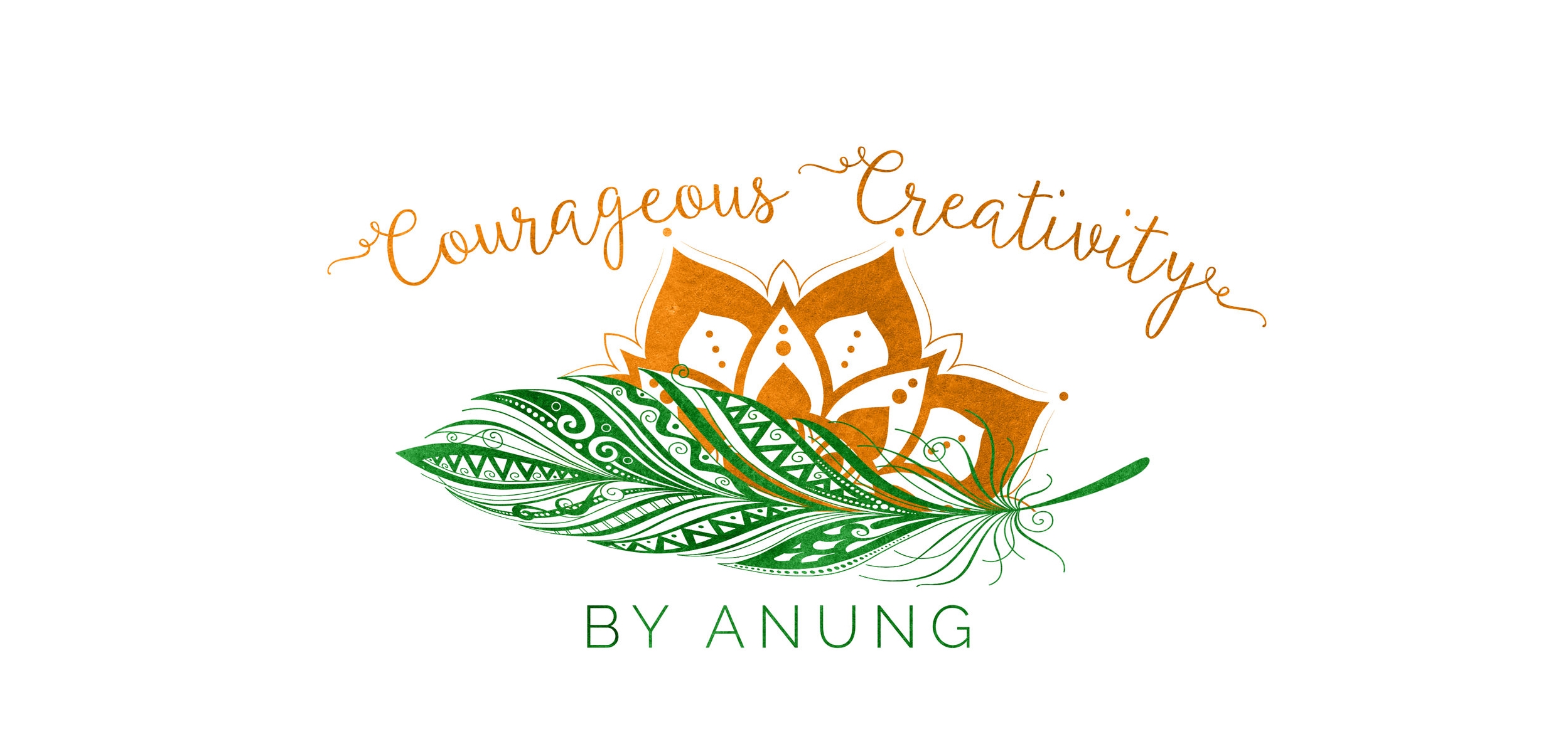Working Through Overthinking
Five Tips for Battling Overthinking
Overthinking is something many of us deal with. Especially during these uncertain times we’re currently living in due to the COVID pandemic, it’s easy to get lost in a rabbithole of thoughts. Since introverts often spend more time alone, they too face a lot of thought loops and overthinking.
Here are five important tips that will help you work through overthinking:
Awareness. Try to be aware of when you are in the midst of overthinking. Take a step back, acknowledge that you’re overthinking, and accept the fact that it’s time to put those thoughts down and walk away from them for a while. It’s easy to mistake overthinking for problem-solving or preparing, however getting lost in continuous loops/playing scenarios over and over in your head will unfortunately never get you to a place of relief.
Think about what can go right. Think about past experiences - maybe a job interview or a first date - and understand that because of them, you now have some knowledge about what works and what doesn’t. Over time, you can slowly become more confident in nerve-wracking situations if you're focusing on what things can go right.
Distract yourself. Try watching your favorite movie/TV show, reading a good book, going for a walk, or taking a nap. These activities give your brain a chance to rest from the thought spirals going on in your head. It helps you recharge and might even give you a new perspective when you eventually return to the problem you’re facing. Journaling can also be helpful for some, but it’s very important to not let your words simply be a transcript of the overthinking going on in your head. Write about something different as a way to get your mind off it for a while.
Take time to worry. Give yourself a small bit of time where you’re allowed to overthink. Set an alarm for 5 - 45 minutes where you give yourself permission to worry and go down your thought spirals. While this might seem counterintuitive, it can actually help you flesh through the ideas/worries you have, which may lead to more clarity and understanding. It helps to get everything out so it doesn’t build up inside of you for too long.
Remember: you can’t predict the future. Don’t base all future outcomes on past experiences you’ve had. If you had a terrible interview last month, don’t assume that all the interviews you go on now will end in a similar way. Take these experiences as learning moments - this allows you to prepare and focus more on the areas where you didn’t do as well as you’d hoped. Nothing is set in stone, and nothing will ever be exactly as it was in the past!

